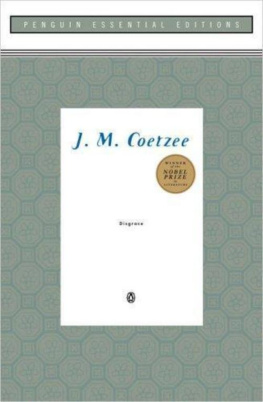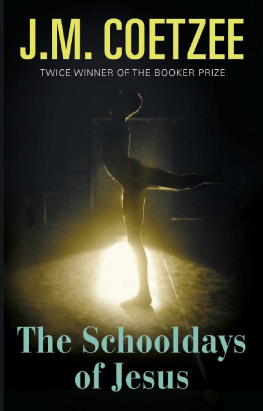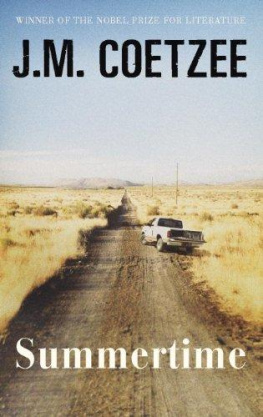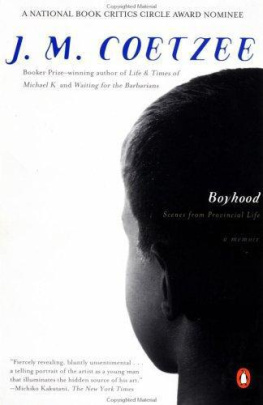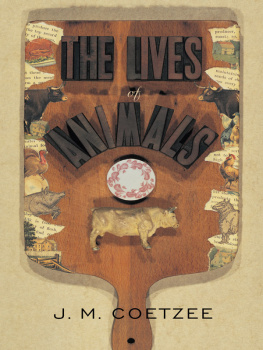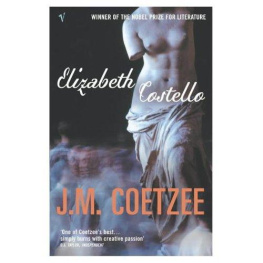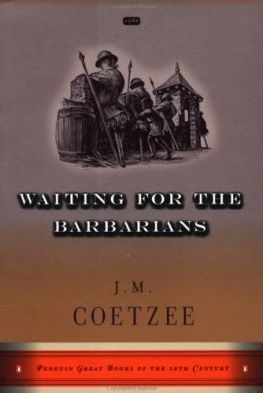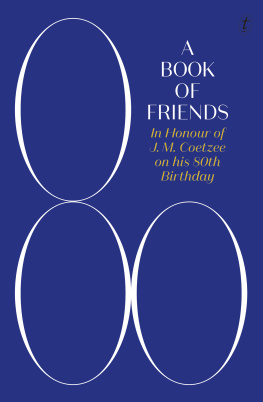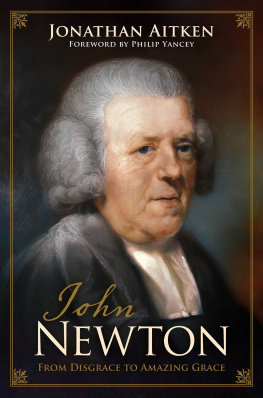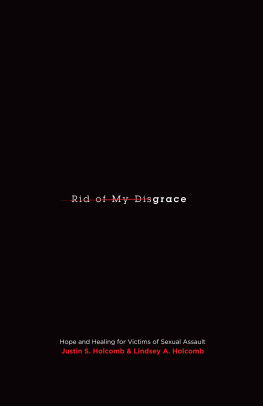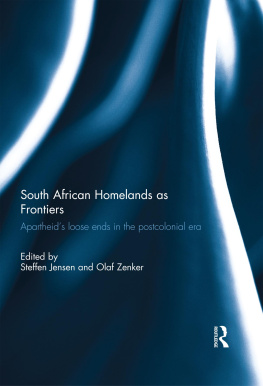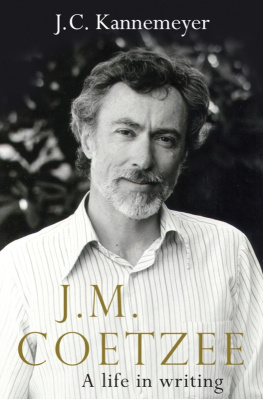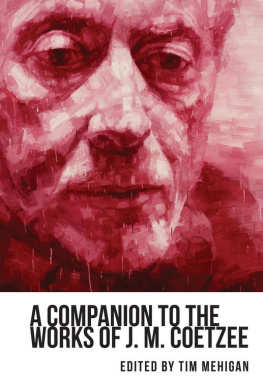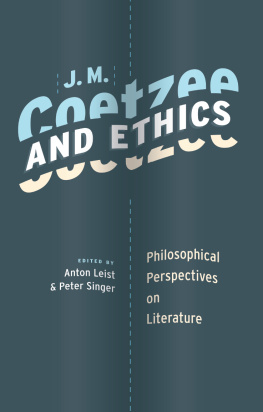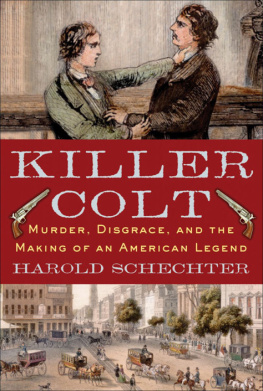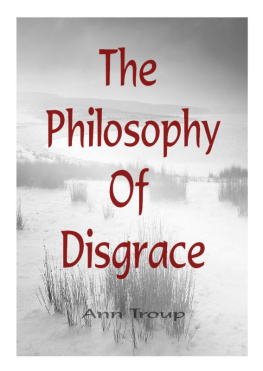J. M. Coetzee - Disgrace
Here you can read online J. M. Coetzee - Disgrace full text of the book (entire story) in english for free. Download pdf and epub, get meaning, cover and reviews about this ebook. City: New York, N.Y, year: 2008, publisher: Penguin, genre: Humor. Description of the work, (preface) as well as reviews are available. Best literature library LitArk.com created for fans of good reading and offers a wide selection of genres:
Romance novel
Science fiction
Adventure
Detective
Science
History
Home and family
Prose
Art
Politics
Computer
Non-fiction
Religion
Business
Children
Humor
Choose a favorite category and find really read worthwhile books. Enjoy immersion in the world of imagination, feel the emotions of the characters or learn something new for yourself, make an fascinating discovery.
- Book:Disgrace
- Author:
- Publisher:Penguin
- Genre:
- Year:2008
- City:New York, N.Y
- Rating:3 / 5
- Favourites:Add to favourites
- Your mark:
- 60
- 1
- 2
- 3
- 4
- 5
Disgrace: summary, description and annotation
We offer to read an annotation, description, summary or preface (depends on what the author of the book "Disgrace" wrote himself). If you haven't found the necessary information about the book — write in the comments, we will try to find it.
Coming in 2009, the major motion picture starring John Malkovich Written with austere clarity , Disgrace explores the downfall of one man and dramatizes with unforgettable, almost unbearable vividness the plight of South Africaa country caught in the chaotic aftermath of the overthrow of Apartheid.
Disgrace — read online for free the complete book (whole text) full work
Below is the text of the book, divided by pages. System saving the place of the last page read, allows you to conveniently read the book "Disgrace" online for free, without having to search again every time where you left off. Put a bookmark, and you can go to the page where you finished reading at any time.
Font size:
Interval:
Bookmark:
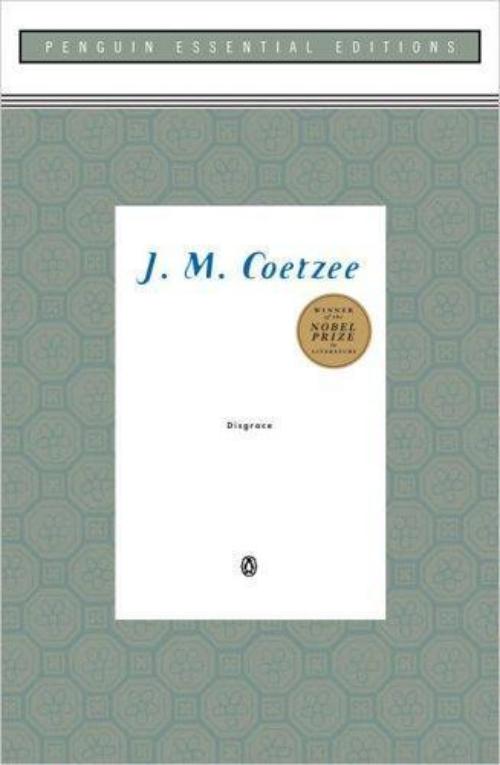
DISGRACE
J. M. Coetzee
TABLE OF CONTENTS
ONE
FOR A MAN of his age, fifty-two, divorced, he has, to his mind, solved the problem of sex rather well. On Thursday afternoons he drives to Green Point. Punctually at two p.m. he presses the buzzer at the entrance to Windsor Mansions, speaks his name, and enters. Waiting for him at the door of No. 113 is Soraya. He goes straight through to the bedroom, which is pleasant-smelling and softly lit, and undresses. Soraya emerges from the bathroom, drops her robe, slides into bed beside him.
'Have you missed me?' she asks.
'I miss you all the time,' he replies. He strokes her honey-brown body, unmarked by the sun; he stretches her out, kisses her breasts; they make love.
Soraya is tall and slim, with long black hair and dark, liquid eyes. Technically he is old enough to be her father; but then, technically, one can be a father at twelve. He has been on her books for over a year; he finds her entirely satisfactory. In the desert of the week Thursday has become an oasis of luxe et volupt.
In bed Soraya is not effusive. Her temperament is in fact rather quiet, quiet and docile. In her general opinions she is surprisingly moralistic. She is offended by tourists who bare their breasts ('udders', she calls them) on public beaches; she thinks vagabonds should be rounded up and put to work sweeping the streets. How she reconciles her opinions with her line of business he does not ask.
Because he takes pleasure in her, because his pleasure is unfailing, an affection has grown up in him for her. To some degree, he believes, this affection is reciprocated. Affection may not be love, but it is at least its cousin. Given their unpromising beginnings, they have been lucky, the two of them: he to have found her, she to have found him.
His sentiments are, he is aware, complacent, even uxorious. Nevertheless he does not cease to hold to them.
For a ninety-minute session he pays her R400, of which half goes to Discreet Escorts. It seems a pity that Discreet Escorts should get so much. But they own No. 113 and other flats in Windsor Mansions; in a sense they own Soraya too, this part of her, this function.
He has toyed with the idea of asking her to see him in her own time. He would like to spend an evening with her, perhaps even a whole night. But not the morning after. He knows too much about himself to subject her to a morning after, when he will be cold, surly, impatient to be alone.
That is his temperament. His temperament is not going to change, he is too old for that. His temperament is fixed, set. The skull, followed by the temperament: the two hardest parts of the body.
Follow your temperament. It is not a philosophy, he would not dignify it with that name. It is a rule, like the Rule of St Benedict.
He is in good health, his mind is clear. By profession he is, or has been, a scholar, and scholarship still engages, intermittently, the core of him. He lives within his income, within his temperament, within his emotional means. Is he happy? By most measurements, yes, he believes he is. However, he has not forgotten the last chorus of Oedipus: Call no man happy until he is dead.
In the field of sex his temperament, though intense, has never been passionate. Were he to choose a totem, it would be the snake. Intercourse between Soraya and himself must be, he imagines, rather like the copulation of snakes: lengthy, absorbed, but rather abstract, rather dry, even at its hottest.
Is Soraya's totem the snake too? No doubt with other men she becomes another woman: la donna e mobile. Yet at the level of temperament her affinity with him can surely not be feigned.
Though by occupation she is a loose woman he trusts her, within limits. During their sessions he speaks to her with a certain freedom, even on occasion unburdens himself. She knows the facts of his life. She has heard the stories of his two marriages, knows about his daughter and his daughter's ups and downs. She knows many of his opinions.
Of her life outside Windsor Mansions Soraya reveals nothing. Soraya is not her real name, that he is sure of. There are signs she has borne a child, or children. It may be that she is not a professional at all. She may work for the agency only one or two afternoons a week, and for the rest live a respectable life in the suburbs, in Rylands or Athlone. That would be unusual for a Muslim, but all things are possible these days.
About his own job he says little, not wanting to bore her. He earns his living at the Cape Technical University, formerly Cape Town University College. Once a professor of modern languages, he has been, since Classics and Modern Languages were closed down as part of the great rationalization, adjunct professor of communications. Like all rationalized personnel, he is allowed to offer one special-field course a year, irrespective of enrolment, because that is good for morale. This year he is offering a course in the Romantic poets. For the rest he teaches Communications 101, 'Communication Skills', and Communications 201, 'Advanced Communication Skills'.
Although he devotes hours of each day to his new discipline, he finds its first premise, as enunciated in the Communications 101 handbook, preposterous: 'Human society has created language in order that we may communicate our thoughts, feelings and intentions to each other.' His own opinion, which he does not air, is that the origins of speech lie in song, and the origins of song in the need to fill out with sound the overlarge and rather empty human soul.
In the course of a career stretching back a quarter of a century he has published three books, none of which has caused a stir or even a ripple: the first on opera (Boito and the Faust Legend: The Genesis of Mefistofele), the second on vision as eros (The Vision of Richard of St Victor), the third on Wordsworth and history (Wordsworth and the Burden of the Past).
In the past few years he has been playing with the idea of a work on Byron. At first he had thought it would be another book, another critical opus. But all his sallies at writing it have bogged down in tedium. The truth is, he is tired of criticism, tired of prose measured by the yard. What he wants to write is music: Byron in Italy, a meditation on love between the sexes in the form of a chamber opera.
Through his mind, while he faces his Communications classes, flit phrases, tunes, fragments of song from the unwritten work. He has never been much of a teacher; in this transformed and, to his mind, emasculated institution of learning he is more out of place than ever. But then, so are other of his colleagues from the old days, burdened with upbringings inappropriate to the tasks they are set to perform; clerks in a post-religious age.
Because he has no respect for the material he teaches, he makes no impression on his students. They look through him when he speaks, forget his name. Their indifference galls him more than he will admit. Nevertheless he fulfils to the letter his obligations toward them, their parents, and the state. Month after month he sets, collects, reads, and annotates their assignments, correcting lapses in punctuation, spelling and usage, interrogating weak arguments, appending to each paper a brief considered critique.
He continues to teach because it provides him with a livelihood; also because it teaches him humility, brings it home to him who he is in the world. The irony does not escape him: that the one who comes to teach learns the keenest of lessons, while those who come to learn learn nothing. It is a feature of his profession on which he does not remark to Soraya. He doubts there is an irony to match it in hers.
Font size:
Interval:
Bookmark:
Similar books «Disgrace»
Look at similar books to Disgrace. We have selected literature similar in name and meaning in the hope of providing readers with more options to find new, interesting, not yet read works.
Discussion, reviews of the book Disgrace and just readers' own opinions. Leave your comments, write what you think about the work, its meaning or the main characters. Specify what exactly you liked and what you didn't like, and why you think so.

